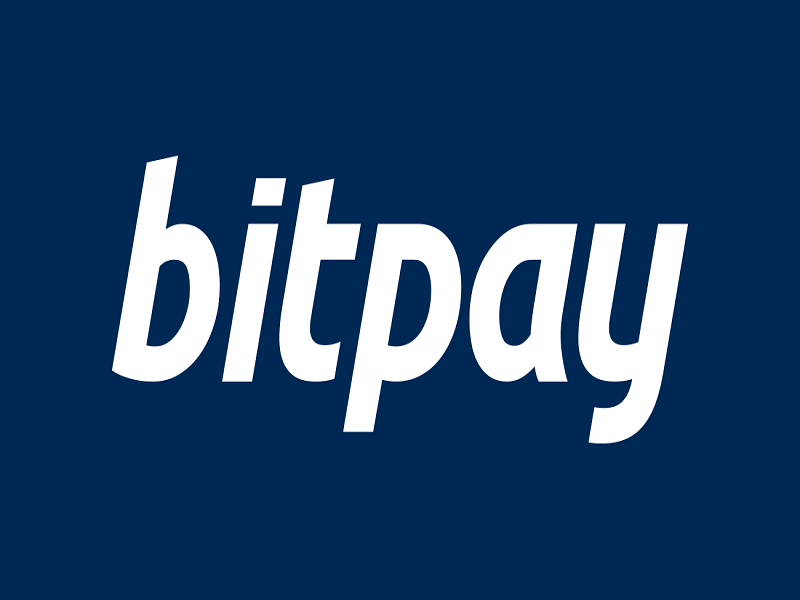Digital currency enthusiasts around the world are doing their best to convince people that Bitcoin has shifted from being a speculative investment to an everyday currency. A recent study conducted by Bitpay, the world’s leading Bitcoin payment processor, confirms that statement.
Also read: Bitcoin Investment Recap 2014: Bitcoin Economy Growth
BitPay Number Crunching

Because of Bitcoin’s disruptive nature, the digital currency is in a prime position to set a lot of new and unexpected trends. Granted, Bitcoin is still speculative, and its price volatility is still present, but more people now value Bitcoin as a currency.
For BitPay, having processed over US$158 million in Bitcoin transactions during 2014, things are looking positive all across the board. Just the amount of USD in Bitcoin transactions processed itself is up by 47% compared to 2013, a year which saw Bitcoin transitioning into a currency rather than a commodity.
In order to explain the growing USD volume of Bitcoin transactions, you have to look at the actual number of transactions processed by BitPay. The number of transactions in 2014 has more than doubled compared to 2013.
But what about the actual average order value? As the number of yearly transactions goes up, what what will happen to the average payment amount? As you would expect from something that is transforming into a currency rather than a commodity, the average value per order went down. Don’t be mistaken, though, as this is exactly the effect Bitcoin enthusiasts are looking for, which indicates people value the amount of Bitcoin they own.
To put this into perspective, if these same numbers were reported by a credit card company, there would be roughly $7,991,250 in fees associated with all the transactions. In the case of BitPay? 0% fees for everyone.
Which Industry Benefits Most from Bitcoin?
2014 was a big year for Bitcoin in terms of merchant adoption, with several major names accepting the currency. Even so, the one industry that benefits most from all of this attention is Bitcoin mining industry itself. In 2014, $76.8 million USD has been invested in mining hardware, software, and solutions.
It may be surprising that, although Bitcoin is now used more as a currency, e-commerce isn’t getting the highest transaction volume. Instead, people are inclined to use their Bitcoin to obtain other investment vehicles, particularly precious metals.
Furthermore, contrary to popular belief, gold is no longer the major precious metals investment. The ratio between purchases for gold and silver at Amagi Metals shows that 7 out of 10 people buy silver, and only 3 out of 10 purchase gold. However, nearly 12% of all customers buy both silver and gold in the same order.
The travel industry is seeing some small success ever since major players like Expedia and Destinia started accepting Bitcoin. Granted, this happened late last year, so the numbers for 2015 could tell an entirely different story. With US$1.1 million in transactions there seems to be an interest in paying for flights and hotels with digital currency. The length of stay when traveling appears to heavily depend on which payment method is used. Credit cards are losing out to Bitcoin in this area, as people paying in BTC usually book a stay that lasts twice as long as those paid for with credit cards.
Bitcoin Job Industry Is Booming
 With all of these numbers going in a positive direction, it follows that more job opportunities are arising in the Bitcoin space. However, that does not necessarily mean that most of these jobs work directly with Bitcoin. Many use Bitcoin as the protocol to develop their own services and applications.
With all of these numbers going in a positive direction, it follows that more job opportunities are arising in the Bitcoin space. However, that does not necessarily mean that most of these jobs work directly with Bitcoin. Many use Bitcoin as the protocol to develop their own services and applications.
Ripple, for example, filled 45 jobs through Coinality in 2014. Coinbase and Bitpay also did well in 2014, expanding their staffs by 39 and 29 people, respectively.
Between September of 2013 and March of 2015, over 3,000 Bitcoin-related jobs have been posted on the Coinality job board. To give you an idea of how many people are willing to work in the Bitcoin space full-time, over 3,500 job hunters have submitted their resumé to Coinality in the hopes of finding employment.
What do you think about this study? Let us know in the comments below!
Source: IBTimes
All images courtesy of Bitpay










